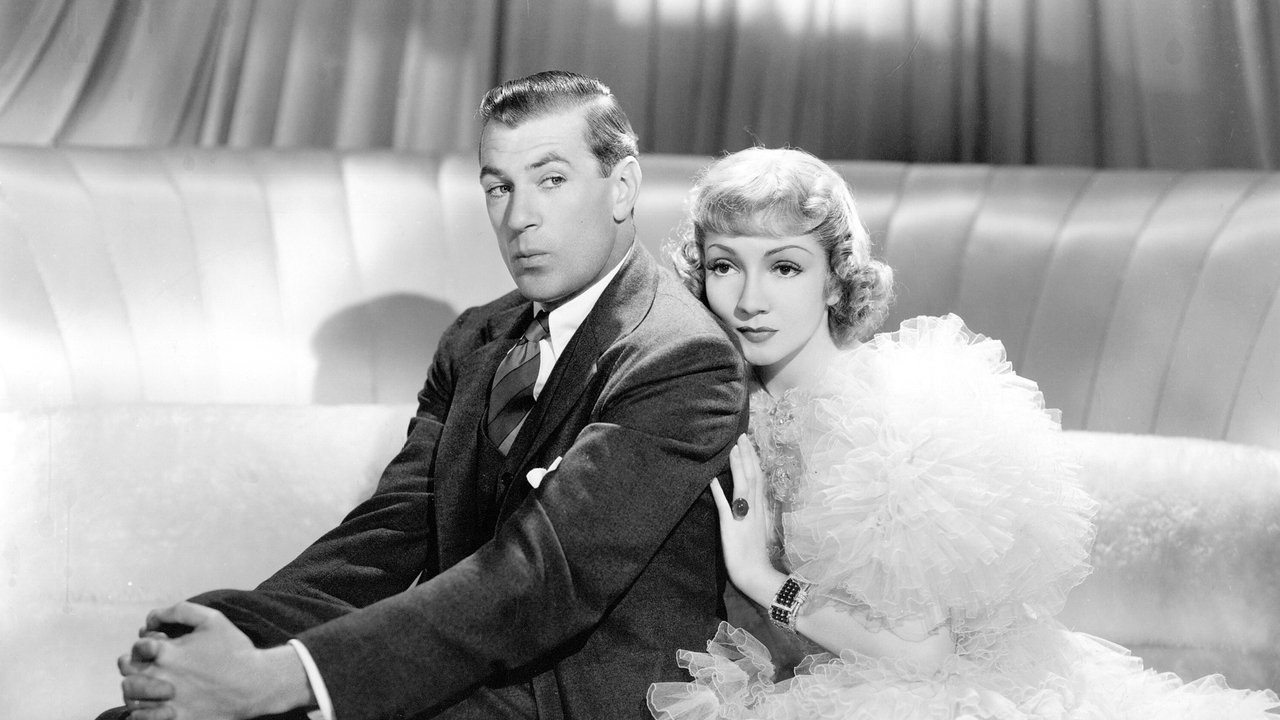Bluebeard's Eighth Wife was the first of two collaborations between director Ernst Lubitsch and then up-and-coming screenwriter Billy Wilder. The film, all style and surface, is more Lubistch than Wilder, but the script co-written by Wilder and Charles Brackett (a tandem that would create, among others, The Lost Weekend and Sunset Boulevard) lends itself perfectly to the famous 'Lubistch touch' — the German filmmaker’s characteristic shrewd and methodical humor.
For Lubitsch, making laugh is like making love, and he isn’t the slightest bit interested in instant gratification; in fact, his approach is the comic equivalent of Hitchcock's definition of suspense. Michael (Gary Cooper) suffers from insomnia; Nicole (Claudette Colbert), whom he meets at the beginning of the story in the store where he goes to buy a pijama shirt (but no pants, which itself to an elaborately humorous visual gag), recommends “Professor Urganzeff's method ... take a long word, like 'Czechoslovakia' ... While you spell it backwards, you stretch and yawn between each letter … You only have to worry about 'slovakia.' By the time you get to "Czech" you will be fast asleep."
The second half of the film actually takes place in Czechoslovakia, where we finally get the real punchline to a joke that Lubitsch set up some half-hour ago (and to top it off, near the end of the movie we find out that there really is a Professor Urganzeff).
Michael is a 'serial husband'; marriage is such a revolving door for him that the suit he wears to his most recent wedding still has rice on it from the previous ceremony. Nicole is horrified to learn that Michael has been married seven times previously and calls off the wedding, much to her father's dismay.
Michael explains that he gives each of his wives a prenuptial agreement that guarantees $50,000 a year for life if they divorce. Nicole agrees to marry for double that amount, and proceeds to apply withhold sex (not in so many words, of course) to precipitate a divorce and because otherwise "it wouldn't be fair to my next husband."
As usual, Lubitsch knows that 'love' is not the stuff of drama but of farce, and that lovers are not so much to be pitied as ridiculed; on the other hand, he has a sincere appreciation for his characters, who are like little children, and he ultimately laughs with them, and not at them.
